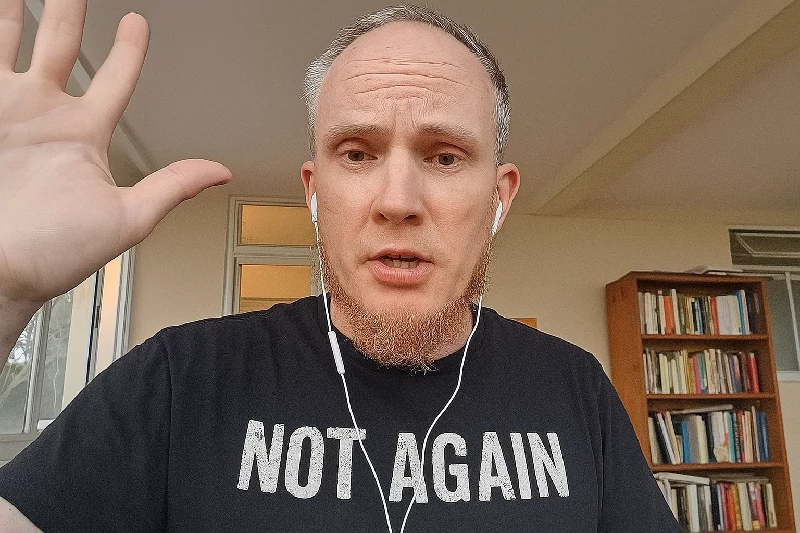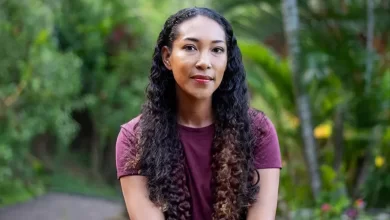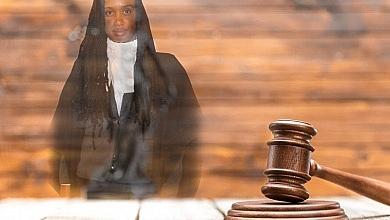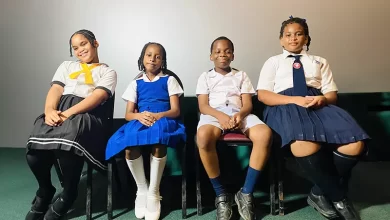When Justice Becomes a Talk Show: Grogg, Dalrymple, and the DBS Radio Debacle

What happened on the show “The Ministry of National Security and Legal Affairs & You” live on air between Jason Grogg and the Director of Public Prosecutions, Sherma Dalrymple, is not just unusual, it’s disturbing.
A man deported from Dominica, convicted of firearms offences, called into a government-hosted radio show from abroad and directly challenged the Director of Public Prosecutions about her handling of his case.
That this was allowed to unfold in real time on national radio, hosted by none other than the Minister for National Security, raises serious questions about power, procedure, and public trust.
At the core of this encounter is not just a legal issue, but an institutional one as well. Grogg repeatedly pressed the DPP about why his case had not been formally discontinued, given that he had already paid a fine. Dalrymple, calm but assertive, explained that prosecutorial discretion is protected under Section 72 of the Constitution. But Grogg, undeterred, alleged mistreatment, including early morning arrests and the detention of his family. The DPP rightly reminded him that he had been convicted. Still, the broader takeaway here is not about Grogg’s guilt or innocence, it’s about how a state official’s authority is being placed in a public, politicised arena where due process risks being treated like radio talk-show fodder.
Why was the DPP placed in that position? Why was a convicted man, reportedly working with the U.S. State Department, able to confront her on-air with no apparent vetting or moderation? What message does that send to the Dominican public about our justice system’s impartiality? Ministers of government and public officers must exercise responsibility when using platforms funded by the state. When shows like these become arenas for personal grievances, they undermine the independence of offices like the DPP’s and erode faith in civil service professionalism.
This is especially troubling in a country like ours, where calls for public sector reform are already urgent. Dominicans have grown weary of political interference in everything from contracts to case files. The youth are watching, as are civil society groups who’ve long argued that the country needs stronger guardrails between politics and justice.
A public prosecutor, particularly a woman holding such a vital constitutional office, should never be left vulnerable to live on-air confrontation orchestrated, wittingly or unwittingly, by members of the Cabinet. It compromises not only the DPP’s authority but also the office’s integrity.
Dominica deserves better. Dominica needs to set clear boundaries for what is permissible on public broadcasts when it involves legal matters, active or concluded. This isn’t about shielding anyone from criticism. It’s about safeguarding the very idea that law, not politics or media spectacle, governs this country. Otherwise, we risk turning DBS Radio into a courtroom, and due process into a public relations game.
This article is copyright © 2025 DOM767








